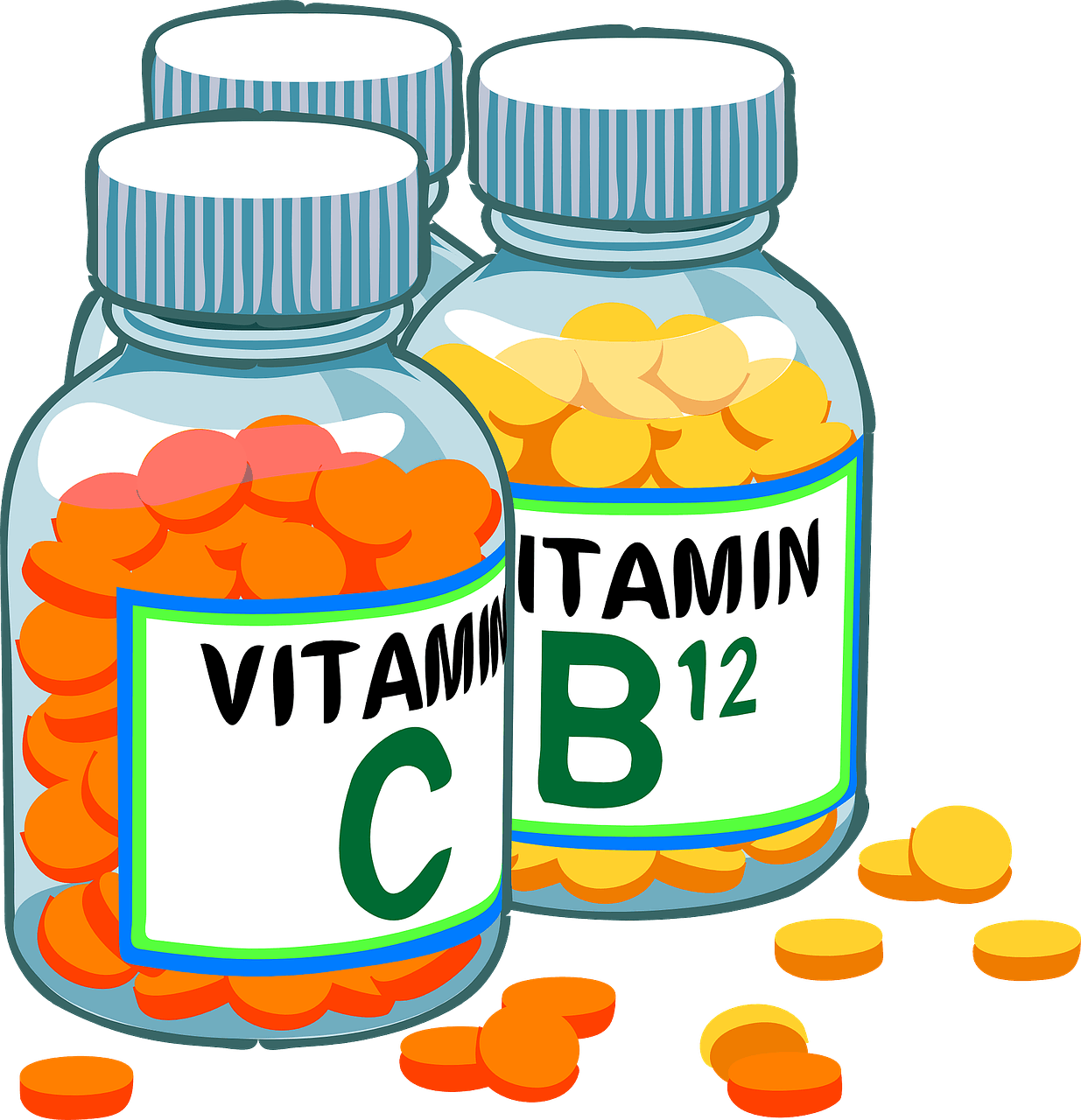Beautiful and resilient skin is what many women strive for as they age. A lot of the beauty products that promote anti-aging effects often contain vitamin E, but what exactly is vitamin E? What are its potential benefits and harms?
Vitamin E is an antioxidant, a compound that primarily protects cell membranes from damage. It is used in many hair, skin and nail products because of its general role in protecting and healing. Wrinkles, in particular, are known to be caused by radical oxidation: an interaction of a cell with oxygen, causing damage that can affect the resilience of skin. Vitamin E is an antioxidant that protects cells against radical oxidation, making it a key component in many anti-wrinkle products. Vitamin E supplementation has also been shown to decrease the occurrence of cardiovascular problems, pulmonary diseases, cancer, and diabetes.
With all these benefits making vitamin E appear as a magical fountain of youth and health, what harm could it possibly cause?
Early studies suggested that vitamin E supplementation may prevent cancer and cardiovascular disease; however, a recent study on the long-term effects of vitamin E supplementation demonstrated otherwise. The researchers administered either a dose of vitamin E or a placebo to a group of patients at least 55 years old with a history of cardiovascular disease and diabetes. They followed up throughout the years and recorded the number of cancer incidences, cardiovascular events, cancer deaths and heart failures of the participants. The results indicated that there was no significant difference in cancer incidences, cardiovascular events, and cancer deaths between the two groups; however, the number of heart failures were higher in the vitamin E supplemented group.
Another study examined the effects of vitamin E on overall mortality. This study extracted data from various other studies, combined the data and analyzed them collectively as a whole. The results suggested that at high dosages of vitamin E, overall mortality appeared to increase across all patients in the different studies. We should keep in mind that by combining the data of different studies, the data may have been skewed and therefore the results of this study should be regarded with more caution.
The study correlating vitamin E dosage with mortality may scare people into thinking that perhaps the harms do outweigh the benefits of the supplement. However, it is important to keep in mind that for the mortality experiment, the researchers noted that many of the individuals administered the dosages of vitamin E were already patients that suffered from chronic illness. Therefore, it makes it difficult to conclude, without question, that increased dosage of vitamin E was the direct cause mortality.
For those ladies and lads who swear upon vitamin E as their fountain of eternal youth, go ahead and continue with your regimen. However, always keep in mind that with any substance, moderation is often times the key to milking out the benefits without an increase in risks.
Feature Image Source: Clker Free Vector Images










